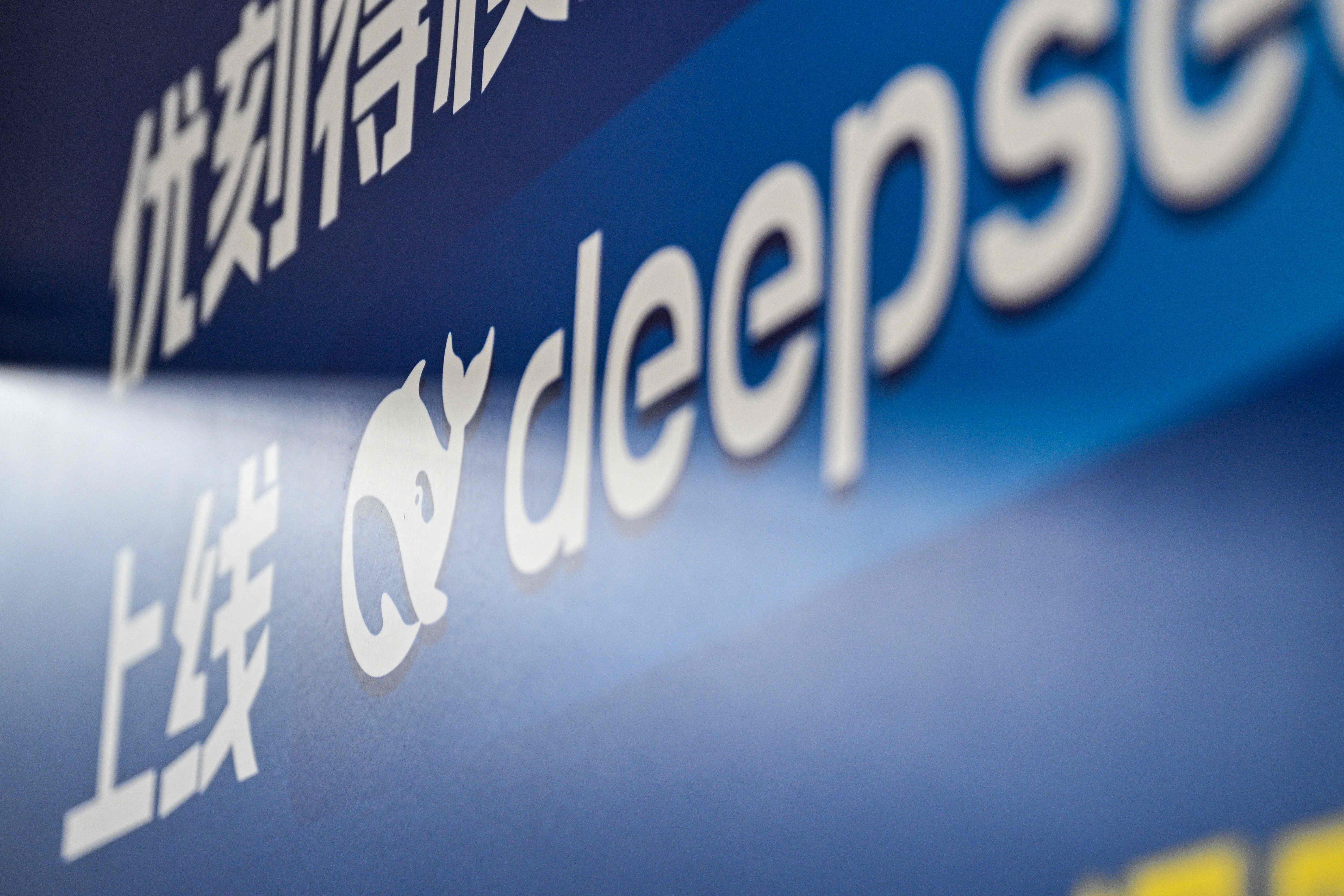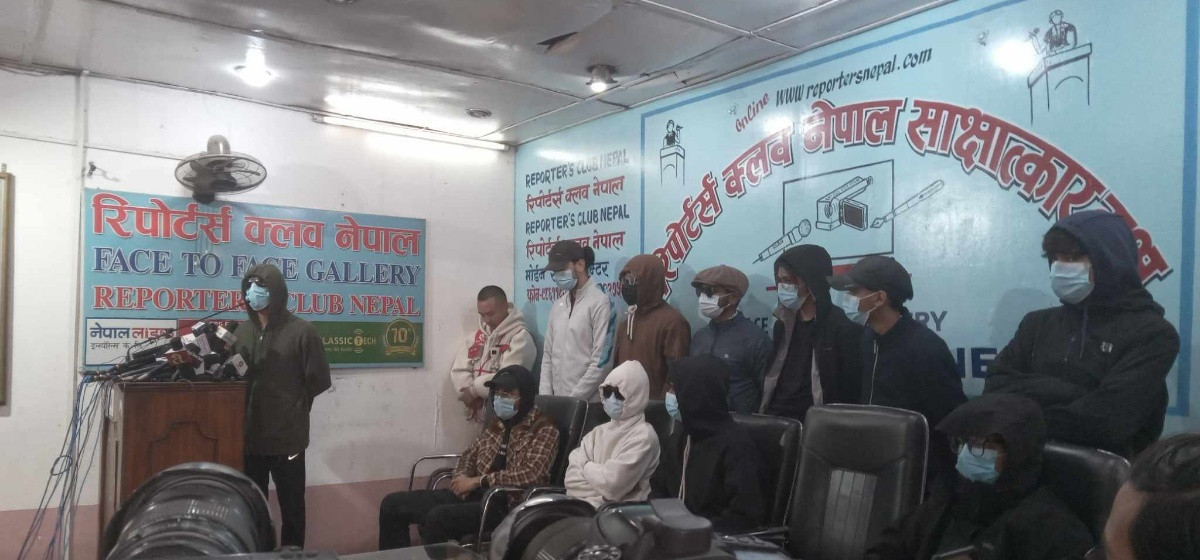March 13: Kenzaburo Oe, a Nobel laureate whose intense novels and defiant politics challenged a modern Japanese culture that he found morally vacant and dangerously tilted toward the same mind-set that led to catastrophe in World War II, died on March 3. He was 88.
His publisher, Kodansha, announced the death on Monday. It did not specify a cause or say where he had died.
Former U.N. chief and Nobel Peace Prize laureate Kofi Annan die...

Mr. Oe was awarded the Nobel Prize in Literature in 1994 for creating what the Nobel committee called “an imagined world where life and myth condense to form a disconcerting picture of the human predicament today.”
Though he often said he wrote with only a Japanese audience in mind, Mr. Oe attracted an international readership in the 1960s with three works in particular: “Hiroshima Notes,” a collection of essays on the long-term consequences of the atomic bomb attacks; and the novels “A Personal Matter” and “The Silent Cry,” which had their genesis in a crisis for him and his wife, the birth of a son with a deformed cranium.











_20201211122514.jpg)






























